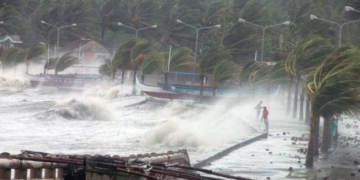As more people venture into the mountains, various safety measures for solo trekking have emerged, the most common being the necessity to carry salt and lime powder when going into the mountains alone. Without these two items, you won’t be able to save yourself if you encounter danger in the mountains.
Lime Powder to Ward Off Insects
Deep in the mountains, there are many venomous snakes and insects. Some of these contain extremely potent toxins; a bite can cause dizziness, hallucinations, fainting, and in severe cases, nerve damage or death. According to the World Health Organization, approximately 5.4 million people are bitten by snakes each year, with 80,000 to 140,000 fatalities resulting from snake bites and poisoning.
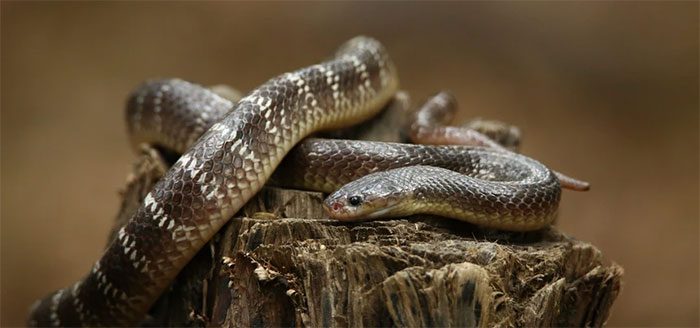
Deep in the mountains, there are many venomous snakes and insects.
These venomous creatures typically do not appear during the day but come out at night to hunt. Once night falls, the mountains become mysterious and dangerous; you can never know if a venomous snake is slithering through the grass at your feet.
To drive away these snakes and venomous insects, people often sprinkle lime powder on the ground. Lime powder absorbs moisture from the soil, forming hydrated lime. Hydrated lime is corrosive; while it poses little danger to humans in small amounts, it is far more harmful to animals like snakes and venomous insects.
When a snake slithers over hydrated lime, its belly will be corroded, causing injury. As long as you stay within the safe perimeter of the hydrated lime, venomous snakes and insects will not dare to attack easily. Without the threat of these creatures, people can naturally spend the night safely, which is the main reason for carrying lime powder when venturing deep into the mountains.
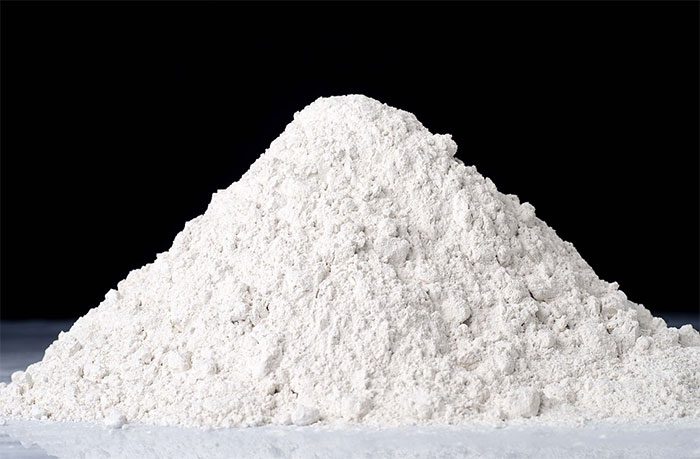
When a snake slithers over hydrated lime, its belly will be corroded, causing injury. (Illustrative image).
Marking Trails to Avoid Getting Lost
The presence of lime powder can protect people from the threats of venomous snakes and insects. To a large extent, it ensures safety for people in the mountains at night, but lime powder also serves another very important role: marking.
Marking is crucial for those in deep mountains; if you completely lose your way, there may not be many things around to use as markers. Most people would tear their clothing and tie it to branches as a marker, but this exposes their skin, and most mosquitoes in the forest are venomous; being bitten is certainly not a pleasant experience.
As more people climbed the mountains, they gradually discovered that lime powder could repel insects and also be used for marking. White lime powder is very visible in the forest; whether applied to tree trunks or sprinkled on the ground, it can be easily seen at a glance.
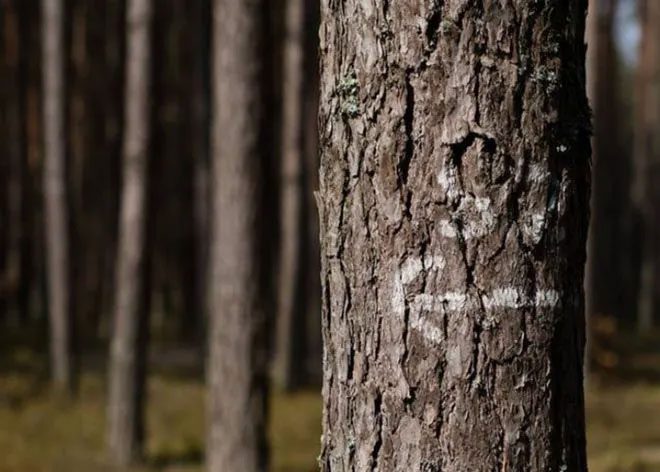
Marking is crucial for those in deep mountains. (Illustrative image).
Moreover, the smell of lime powder is quite pungent. Even if the wind blows it away, the strong odor will linger in the area for some time. Therefore, those entering the mountains carry a small bag of lime powder; if they sense something is wrong while trekking, they can sprinkle lime powder along the path as a marker.
In this way, even if you get lost, you can find your way out of the mountains by following the remaining traces. And even if the initial lime powder is blown away by the wind and no traces are found, one can slowly find the correct direction out of the mountains by smelling the lingering odor.
The Importance of Salt
If lime can be used to ward off snakes, insects, and for marking, why is it necessary to carry salt? Raw salt consists of large, unrefined salt crystals, and there has been a debate among locals about whether to carry salt when venturing deep into the mountains. The older generation asserts that salt can be life-saving in crisis situations, while some younger individuals believe that carrying this seasoning into the mountains is cumbersome and unnecessary.
The nature of raw salt is no different from regular table salt, but it is larger and easier to store and carry than refined salt. The topography of deep mountain areas is very complex; without caution, one can easily get lost. If you run out of food supplies prepared for the mountain trip and have not found a way out, hunting becomes the only option.
At this point, the importance of salt becomes paramount as it can be used to preserve the catch. An adult’s daily salt intake is around 6g. Salt is not only an essential seasoning but also a crucial substance that regulates the body’s water balance. Sodium ions help maintain the osmotic pressure balance in the human body. Thus, the perspective of the older generation that one should carry a bit of salt into the mountains for emergencies is indeed correct.
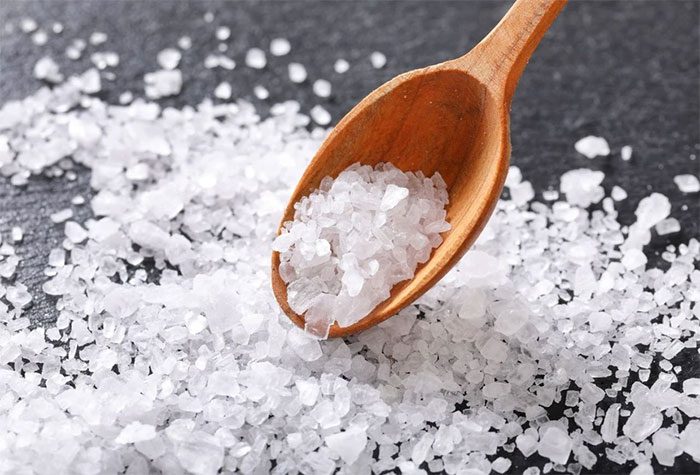
Salt is crucial for regulating the body’s water balance. (Illustrative image).
The mountains hold many dangers waiting to be conquered; in the past, people could only rely on carrying salt and lime powder for basic safety, but now much has changed. We have advanced equipment to ensure the safety of those entering the mountains, yet modern humans must still remember the wisdom passed down from previous generations.
















































